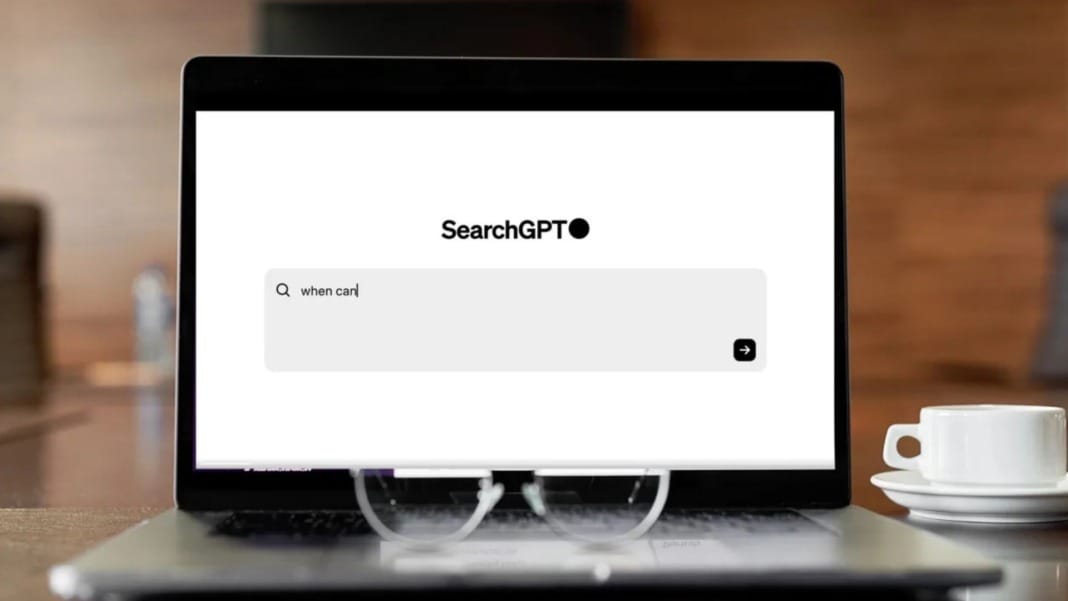OpenAI’s SearchGPT, initially introduced in July as a temporary prototype, is now on track to integrate fully into ChatGPT by the end of the year. Varun Shetty, OpenAI’s head of media partnerships, shared the news during the Twipe Digital Growth Summit in Brussels, as reported by PressGazette. This integration will impact how users, publishers, and the search industry engage with AI-powered platforms.
There is no ad revenue for publishers, only traffic
We’re testing SearchGPT, a temporary prototype of new AI search features that give you fast and timely answers with clear and relevant sources.
— OpenAI (@OpenAI) July 25, 2024
We’re launching with a small group of users for feedback and plan to integrate the experience into ChatGPT. https://t.co/dRRnxXVlGh pic.twitter.com/iQpADXmllH
During his presentation, Shetty clarified that publishers should not expect direct ad revenue from SearchGPT or ChatGPT. Instead, their benefit comes from traffic and clicks directed to their websites. Shetty stressed the changing nature of search habits, explaining that today’s users want direct answers, not merely a list of links.
“We think there’s an opportunity to drive significant incremental traffic from new audiences,” Shetty said. “But it remains to be seen whether this is valuable enough for partners to stay opted in.” He added that OpenAI aims to balance users’ desire for fast answers with ensuring proper attribution for publishers, driving traffic back to their websites.
Creating an “information-dense experience,” OpenAI hopes to encourage users to click through to publisher sites for further exploration. “Users want to verify the information they see, learn more out of curiosity, or engage with content from sources they trust,” Shetty stated.
AI-generated news: Supporting journalists
Shetty also touched on the role of AI in journalism, clarifying that no one prefers AI-generated news alone. However, he noted that generative AI could assist journalists and content creators. For instance, it can help adapt content for various audiences, translate text, or convert written material into audio or video formats.
“No one wants to read AI-generated news,” Shetty said, “but AI can make the work of journalists easier. It can help them find images, recommend stories, or create context boxes to enhance articles.”
Why this matters to the industry
Though SearchGPT has just 10,000 U.S. users, it is already driving more traffic to publishers than Perplexity, according to SEO platform BrightEdge. While direct ad revenue from this traffic is expected to be minimal, the influx of new visitors could still benefit publishers.
For businesses, SearchGPT’s integration into ChatGPT offers a unique opportunity to expand their reach. Although it won’t immediately challenge Google’s dominance in search, it signals a shift in how users access information. Companies must adjust their SEO strategies to include generative engine optimisation (GEO) in their overall approach.
As 2024 progresses, the full impact of SearchGPT’s integration into ChatGPT will become more apparent. Will the boost in traffic make SearchGPT a valuable tool for publishers, or will other revenue options need to be explored?





